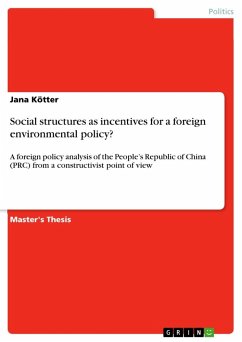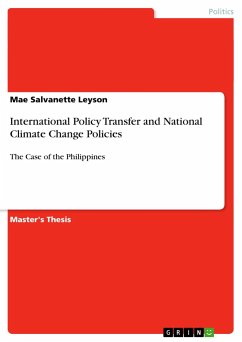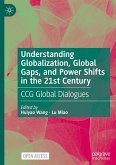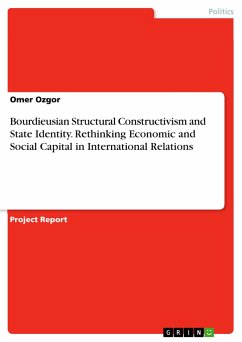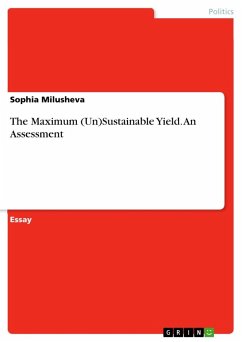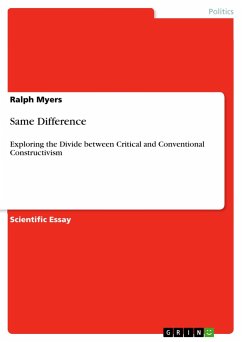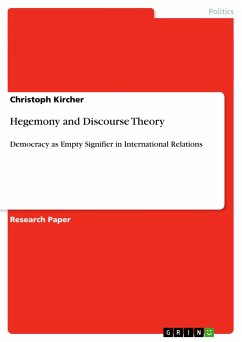Master's Thesis from the year 2012 in the subject Politics - Environmental Policy, grade: 1,3, University of Southampton, language: English, abstract: Following years of incredible economic development in China, the country today is facing severe, environmental problems. This has been widely acknowledged by Chinese leaders as well as by international scholars. This work presents a detailed analysis of the foreign environmental policy of the People's Republic of China (PRC) for the period from 1972 to the present day. In recent decades, the country's behaviour changed from having an initial policy of refusal to having a more cooperative position within international negotiations, combined with voluntary agreements to reduce greenhouse gas emissions. While the central government undertook its first steps towards a green, foreign environmental policy, scholars mainly analysed this changing behaviour from a political or economic standpoint. This work, however, no longer uses 'traditional' viewpoints to explain the changing behaviour, but focuses on social structures that act as drivers for China's cooperative behaviour within global environmental governance structures. Therefore, three hypotheses are developed from a constructivist framework. According to these hypotheses, China's foreign environmental policy is driven by three incentives: its new identity as a 'green' developing country; the emergence and cascade of the norm that environmental protection is a severe and urgent task; and China's increasing engagement in international institutions which act as a forum for social learning. Finally, the dissertation delivers a completely new approach to the environmental policy of the PRC. It contributes to the academic field as it shows that China's environmental diplomacy - beside rational incentives that were explored by other scholars - is particularly driven by incentives such as identity, norms and institutions. Social structures therefore do matter in a nation's foreign environmental policy.
Hinweis: Dieser Artikel kann nur an eine deutsche Lieferadresse ausgeliefert werden.
Hinweis: Dieser Artikel kann nur an eine deutsche Lieferadresse ausgeliefert werden.

